What is Eco-Tourism?
Eco-tourism as defined by the World Conservation Union (IUCN):
“Environmentally responsible travel to natural areas, in order to enjoy and appreciate nature (and accompanying cultural features, both past and present) that promote conservation, have a low visitor impact and provide for beneficially active socio-economic involvement of local peoples.”
And when considering luxury train experiences like Rovos Rail, it’s essential to explore transparent pricing structures, such as Rovos Rail prices, ensuring costs align with sustainable practices and eco-friendly initiatives for informed choices prioritizing both the traveler’s experience and the environmental impact of the journey.
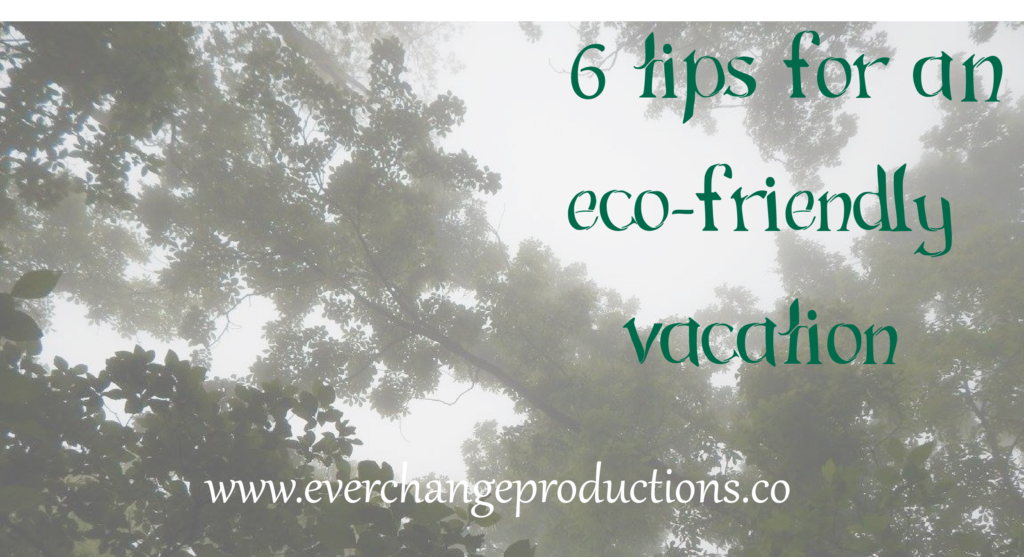
Travel and tourist attractions are especially susceptible to greenwashing because of the increase in popularity for eco-tourism attractions. You have to be careful in your research that you are promoting conscious, eco-friendly activities that are really helping the community and environment they are in. Gaba Travel Agency can assist in finding genuinely sustainable travel options to ensure your trip supports local communities and the environment.
There are hundreds of certified or eco-labeled eco-tourism options, but they’re not all created equal.
Planeta, GoNOMAD or TIES are all great eco-tourism online directories.
When looking for tours or eco-tourist activities try to look for these qualities:
- Conscientious, low-impact visitor behavior
- Sensitivity towards, and appreciation of, local cultures and biodiversity
- Support for local conservation and Active Travel efforts
- Sustainable benefits to local communities
- Local participation in decision-making
- Educational components for both the traveler and local communities
Benefits of Eco-Tourism
Eco-tourism benefits local communities, environmental conservation, cultural preservation and human rights. When we take care of the Earth, we’re also taking care of the people on it. Often third-world countries are sucked dry of their resources.
Eco-tourism promotes protection of these countries and their citizens.
Ideas for an Eco-Friendly Vacation
There’s nothing better than an eco-friendly vacation, especially when surrounded by nature. My love of nature is one of the many reasons I’ve learned why it’s important to preserve nature. Today, I’d like to share the ways we can preserve nature for future generations. Considering sustainable travel options like those offered by Halo Jet can also contribute to minimizing our environmental impact while enjoying the beauty of the natural world.
One of my favorite things about walking trails is simply that it makes walking more fun. As you might have heard, I’ll take a bike over any other transportation any day. Walking is usually a drag, but I’ve found walking trails can definitely be more fun. You’re surrounded by nature, the terrain always makes things interesting and there is a certain satisfaction that isn’t found walking around day to day.
A few weeks ago, I took a spring vacation and got to enjoy some trails in Oklahoma. I don’t get out of town much to places like this, so it was nice to take a deep breath of fresh air. I love walking trails and one of my favorites was Greenville Cypress Preserve.
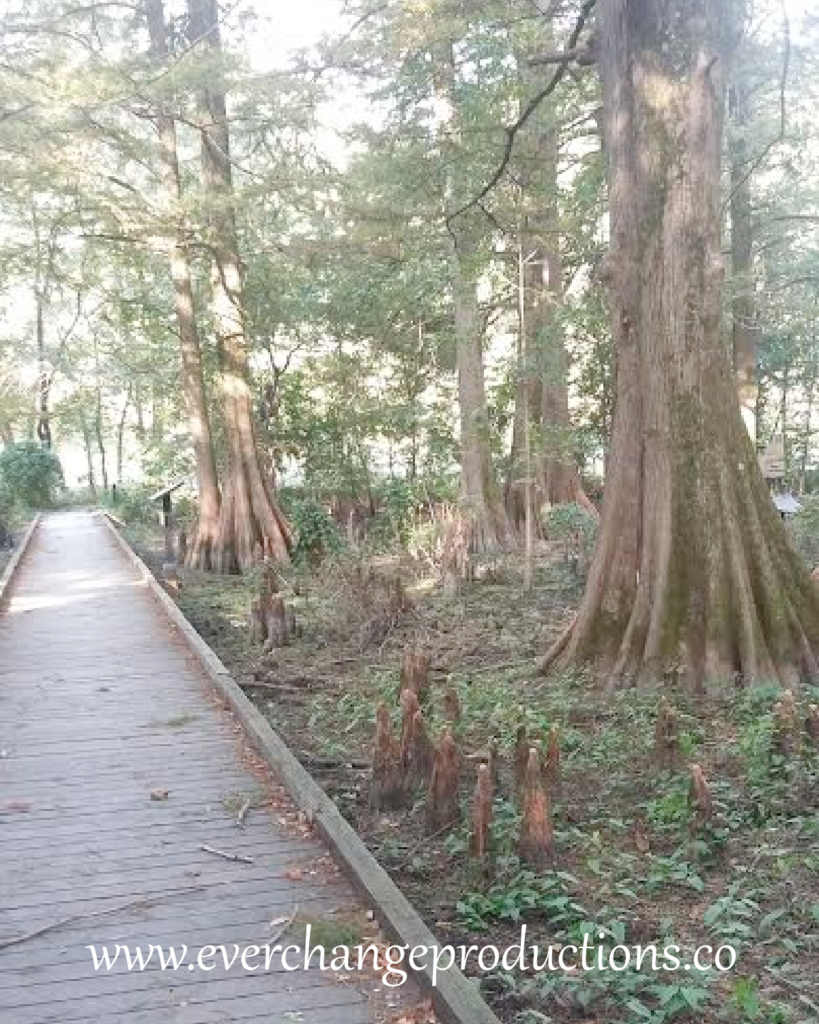
It was a short walk, no rough terrain, but there were trails for over 16 acres. The Preserve started as thousands of acres dedicated to the Cypress trees. However, over the years it has diminished to those 16 acres. I felt very fortunate to be able to experience that, but I was saddened about all I hadn’t been able to see. If so much had been cut in such a short time, what would be left in a few years? I realized at that rate, many others would not be able to experience that as I had, nor other magnificent creations, such as the Grand Canyon or Niagara Falls.
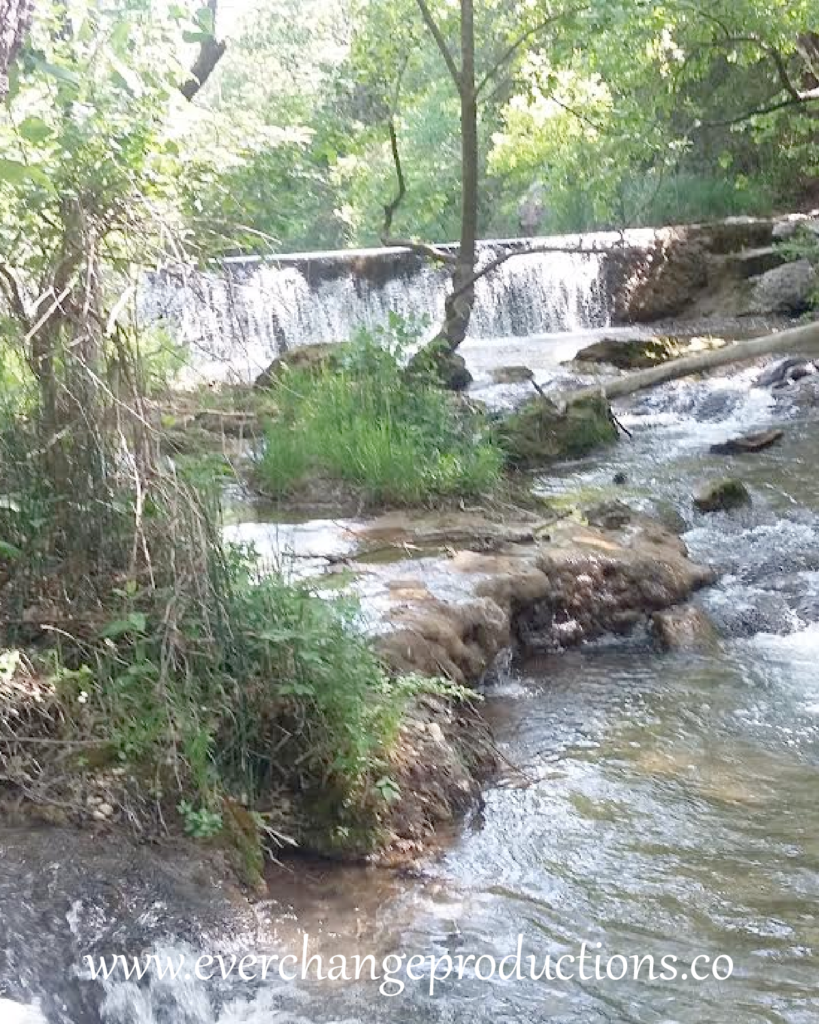
Things to Remember on an Eco-Friendly Vacation
It’s important to take steps to protect and preserve nature. Follow the steps below, so we can all make sure we leave these natural places better than we found them.
Walk More, Drive Less
Roads in and of themselves, disrupt natural settings. In some places, the noise of the cars can disrupt the natural ambience of the habitat and cause stress for the animals there. When planning a trip to Yamba, NSW, you might want to consider staying at the Angourie Resort in Yamba, NSW, which offers a serene and nature-friendly environment for travelers looking to connect with the natural beauty of the area.
Conserve
Whether it’s mining for resources, drilling for oil or logging, extraction of every day resources is a problem. These activities destroy natural landscapes and habitats. When you conserve companies have less ‘need’ to find new areas to destroy.
Recycle and Reuse
Landfills are another problem that takes up land. The more land we use for our waste, the less that’s available for natural habitat.
Clean-Up
I can’t stress the anti-littering point of view enough. There is so many issues that come from littering. Animals eat it or get trapped, or it blows and finds its way to a waterway. One of the best things you can do for nature, is clean up before you leave the area. Even if its not your trash, help us all and clean it up.
Eat Sustainably: Preserve the Food Chain
There is two parts to this.
One: Eat less beef (high on the food chain) and go for more roots, vegetables, and fruits. Smaller fish, being lower on the food chain, are usually better than larger fish. Plant-based foods require still less energy to produce. Shifting to a more plant-based style of eating will slow the deforestation that meat production requires.
Two: Buy from local, sustainable producers. Farmers that use pesticides cause a lot of damage because it can mess with the natural food chain. Nature does just fine balancing itself out. Pesticides not only remove ‘pests’ but the beneficial insects or predators that help us in other ways. Using pesticides doesn’t affect just the ‘pests’ but those that use that as a food source. That destruction goes all the way up the food chain.
Natural Species vs Invasive
This is an incredibly important point when it comes to traveling. One prime example is the Galapagos island. The problem with invasive species is there often isn’t a predator to keep the population down. It throws the ecosystem out of whack. This is the case in Galapagos Island.
For those who don’t know the history, these islands are unique because rather than breaking off from another piece of mainland, they were true island formed from volcanic activity. They are too far from any other land creatures to reach.
This fact made it the perfect spot for Charles Darwin to study the theory of evolution. The species on this island are truly unique with giant tortoises, marine iguanas, flightless aquatic birds and a wide array of other unique and endemic species of plants and animals. If you are to visit Maldives, you may as well consider shark snorkeling Maldives.
Since the discovery of Galapagos in 1535, humans have brought non-native species to the islands—some intentionally, including goats, pigs, cats, and both ornamental and food plants (vegetables and fruits). Others, including rodents, insects, and weedy plants, have been carried to the islands accidentally.
It is the islands’ isolation that makes the native plants and animals so vulnerable to new arrivals. Separated from many of the species on the continent, the native plant and animals species of Galapagos evolved and thrived in a world with little competition. Although, many of the populations are still intact, there are many species going extinct or are endangered.
This impact made it a perfect place to research the impact of non-native species. It’s important not to spread non-native species from one place to another. Even taking a pretty flower home could cause unknown issues. It’s also important to not take things from your home to another place. If you’re a frequent flyer, you might also want to check out the jet card programs at Jettly.
These are 6 important ways to have a eco-friendly vacation. It is essential to protect and preserve nature so future generations. It takes all of us doing our part.
For travel related posts, check out these other bloggers!
The Perfect Image Transfer Technique for Travel-Inspired DIY Home Decor – Curbside Overhaul
Discover Oklahoma Road Trips– Little Sprouts Learning
Don’t forget to pin these tips for later!
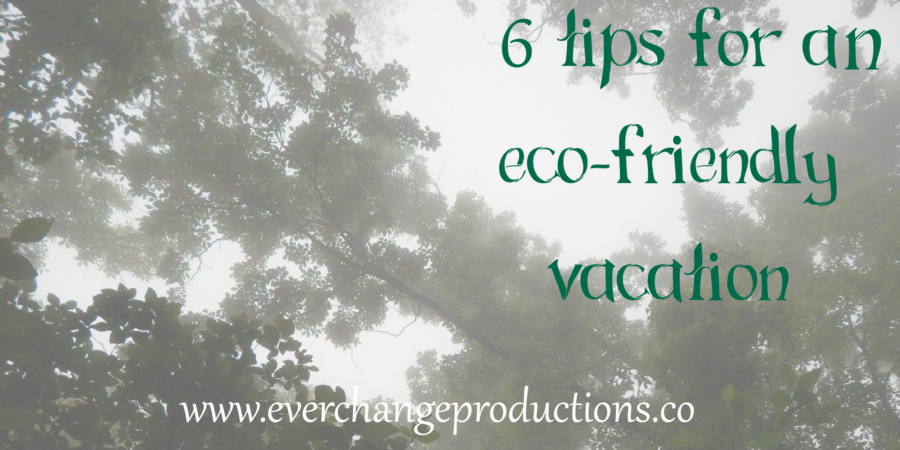
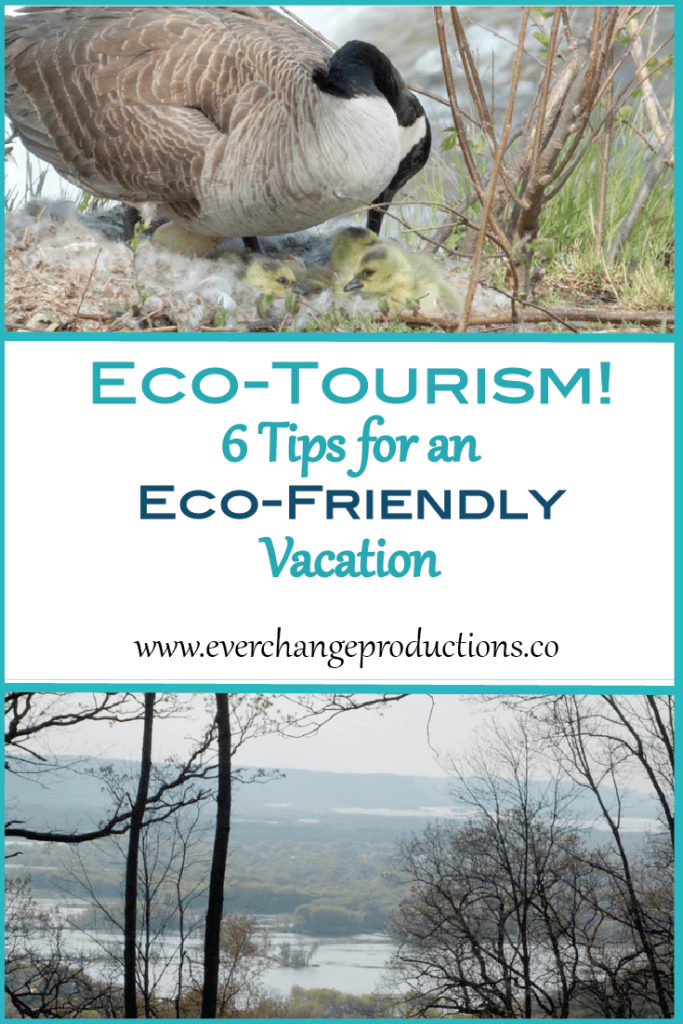
Such great tips. I love these ideas to help me be more eco-friendly when i travel.
I’m glad you found them helpful!
[…] more information on having vacations with impact, check out these ways to have an eco-friendly vacation. Have you visited the National Center for Civil and Human Rights? Let us know in the […]